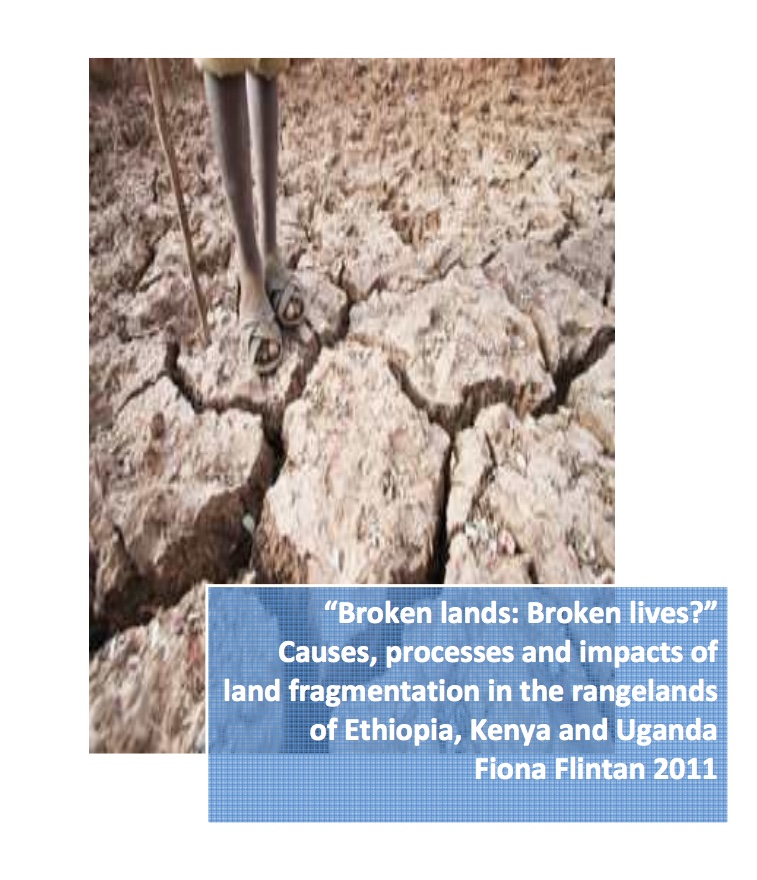In order to address this problem and to guide its policy advocacy work, the ERETO project commissioned a study to review existing and planned policies and laws that currently touch upon pastoralism and analyse how they actually impact, or are likely to impact, on pastoral and agro-pastoral livelihoods. The policies and laws reviewed include those dealing with overall national development, those specific for the livestock sector, those dealing with access to pastoral resources, those dealing with conservation of wildlife and other natural resources, and those dealing with decentralisation a


